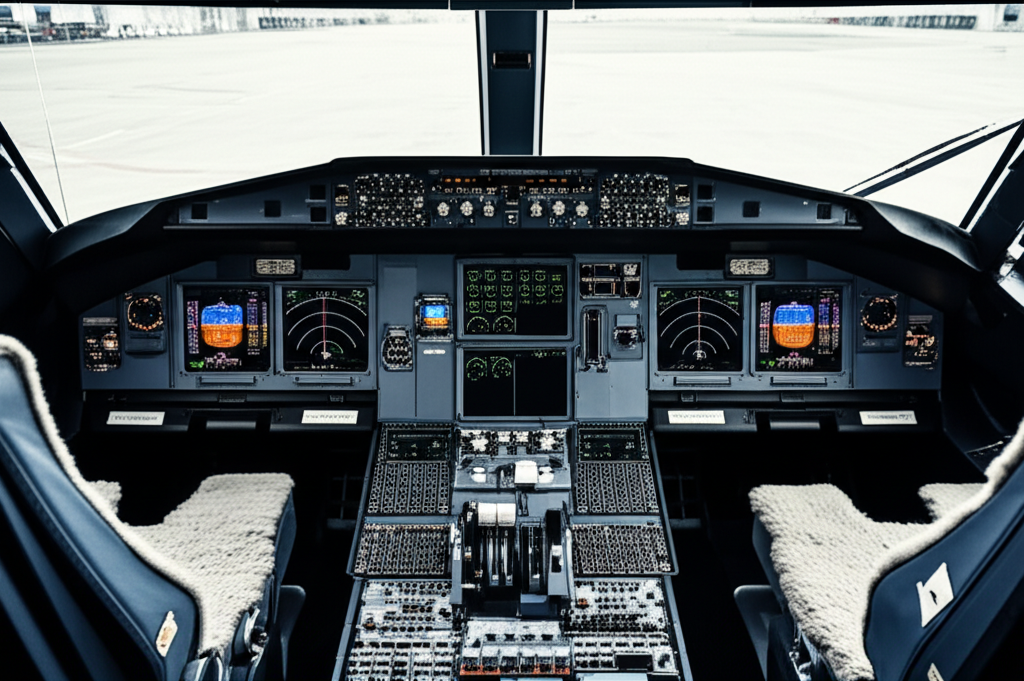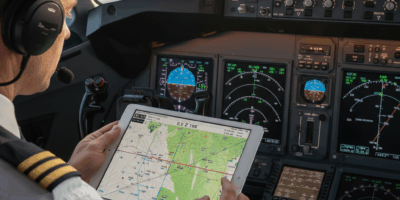Aircraft technical records are an indispensable aspect of aviation management, serving as the backbone for safety, compliance, and operational efficiency. These records, which document the entire life history of an aircraft, are as crucial as the mechanical components that physically comprise the aircraft itself. This article explores the significance of these records, underlining their role in various facets of aviation operations from safety oversight to financial management.
nn
**Ensuring Safety and Airworthiness**
Safety is paramount in aviation, and maintaining accurate technical records is critical for ensuring the airworthiness of aircraft. These records provide detailed accounts of all maintenance, repairs, and inspections, ensuring that every component of the aircraft meets strict aviation standards. The continuous update and review of these records allow maintenance personnel and engineers to identify and address potential issues before they compromise safety. Moreover, during routine and unanticipated audits by aviation authorities, these records must demonstrate compliance with all safety regulations.

**Regulatory Compliance**
Aviation is highly regulated, with international and national agencies setting stringent standards that airlines must follow. Technical records are vital for demonstrating compliance with these regulations. They help in tracking the aircraft’s maintenance history, modifications, and compliance with mandatory service bulletins and airworthiness directives. Failure to maintain proper records can lead to fines, grounding of aircraft, and even revocation of operating licenses.

**Operational Efficiency and Reliability**
Technical records also play a critical role in optimizing the operational efficiency of airlines. By maintaining comprehensive logs, airlines can schedule maintenance more effectively, reducing downtime and improving aircraft availability. This proactive maintenance approach, facilitated by meticulous record-keeping, enhances the reliability of the fleet, ensuring that aircraft are safe and ready to fly according to schedule.

**Financial Management and Asset Value**
Aircraft are significant investments, and their value is closely tied to their maintenance history. Technical records are essential for assessing the value of an aircraft, particularly in the context of sales, leasing, or financing. Accurate and complete records can significantly increase the resale value of an aircraft, as they provide potential buyers with a transparent view of the aircraft’s maintenance history and overall health. Conversely, poor record-keeping can diminish the aircraft’s value and make it difficult to sell or lease.

**Legal and Insurance Considerations**
In the event of accidents or incidents, technical records become crucial legal documents. They are often scrutinized during investigations to determine if improper maintenance or regulatory non-compliance contributed to the incident. Additionally, insurance companies require detailed records to process claims related to aircraft damage or malfunctions. Inadequate documentation can complicate legal proceedings and insurance claims, potentially leading to significant financial losses.

**Technological Integration and Future Prospects**
With advancements in technology, the management of aircraft technical records is evolving. Digital record-keeping systems are replacing traditional paper-based logs, improving the accuracy, accessibility, and security of data. These digital systems facilitate real-time updates and data sharing across global operations, enhancing the responsiveness and efficiency of maintenance programs. Looking ahead, the integration of blockchain technology promises even greater improvements in the security and veracity of aircraft technical records.

**Conclusion**
Aircraft technical records are more than just paperwork; they are vital tools that ensure safety, compliance, and efficiency in the aviation industry. The meticulous maintenance of these records is crucial for operational success and financial health, underscoring their importance in a complex and rapidly evolving sector. As technology continues to advance, the methods of maintaining and utilizing aircraft technical records will likely improve, further enhancing their value and effectiveness in global aviation operations.





Leave a Reply